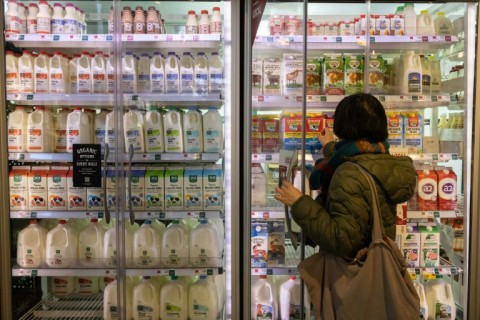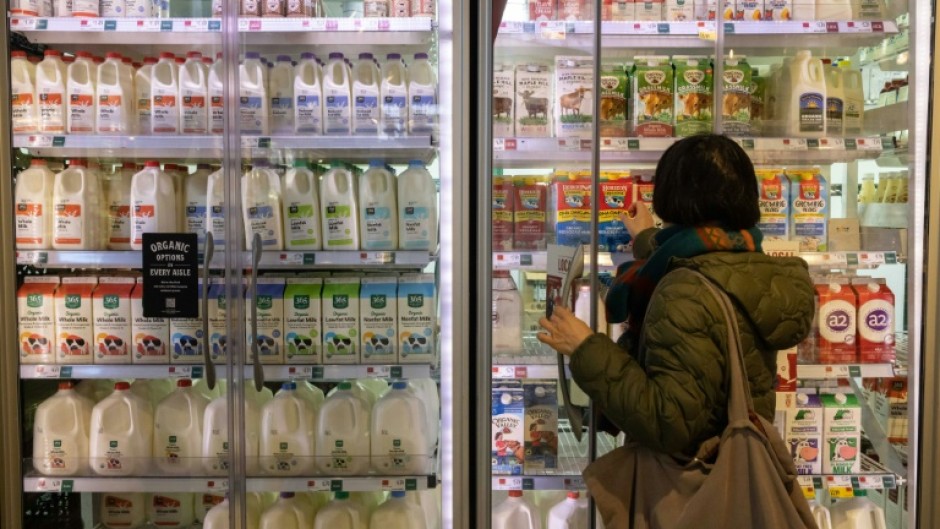
HONG KONG - Most Asia-Pacific stocks rose on Friday as a Wall Street rebound brought some cheer to the region's markets on the last trading day of the year.
Data on Thursday showed US jobless claims for the week ending December 24 rose more than expected, signalling some cooling in the economy.
That boosted hopes among investors that the Federal Reserve's rate hikes will ease. The US central bank's aggressive campaign against inflation had sparked fears of a recession as higher borrowing costs slow down the economy.
Boosted by that optimism, the three main indexes on Wall Street ended higher on Thursday, and Asia-Pacific markets followed suit.
Hong Kong, Shanghai, Sydney, and Singapore were up on Friday, while Tokyo was flat.
Trading volumes have been thin in the last week of 2022, with investors in a low-risk mood looking ahead to next year, analysts said.
"Going into the new year, I think investors are going to be focusing on the same things we were focusing on this year, and that's where the central banks are going to take interest rates, and are the inflation numbers going to force them to continue to be very aggressive," Chris Gaffney, president of world markets at TIAA Bank, was quoted by Bloomberg News as saying.
Central bank policymakers have been particularly concerned about the jobs market, where demand for workers has exceeded supply, with wages picking up quickly.
READ | Asian stocks down as Covid surge in China spooks investors
Rising wages have fueled fears that the elevated cost of delivering services could become permanent, making it harder to bring down consumer prices.
But the latest jobless claims data injected some hope that the labour market in the world's biggest economy was cooling.
"The key takeaway from the report is that the level of continuing jobless claims is the highest since February and up noticeably since September... suggesting that a very tight labour market is showing some signs of loosening up," said Patrick O'Hare of Briefing.com in an analysis.
Markets are also concerned about the impact on global supply chains by the Covid surge in China -- the world's second-largest economy -- which has rolled back much of its strict zero-Covid strategy in recent weeks.
South Korea on Friday became the latest country to impose a negative virus test requirement for travellers from China. The United States and Japan are among the other nations that have put China-specific restrictions in place because of the outbreak.
However, in oil markets, major importer China's reopening has sparked some optimism that demand will rise next year, boosting prices.
The Brent and West Texas Intermediate contracts were both trading higher on Friday.

